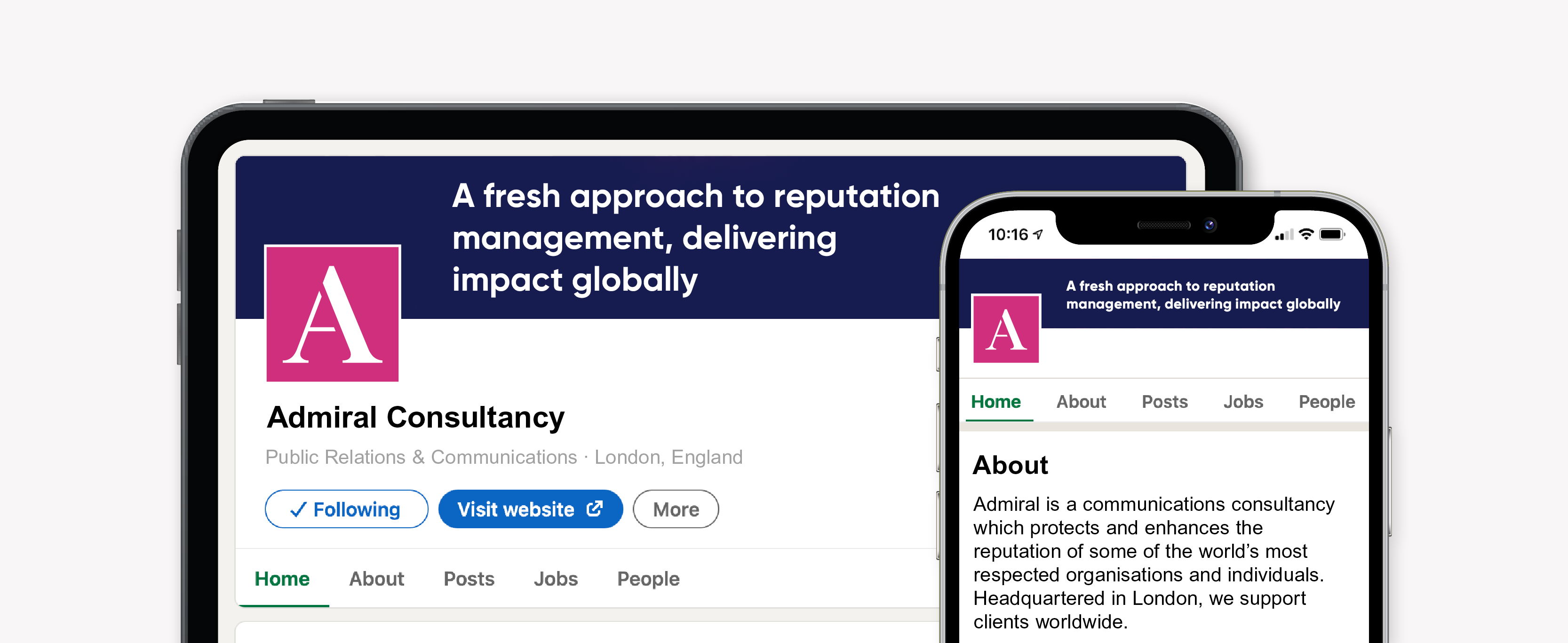
On Monday night Coronation Street actress Helen Flanagan tweeted that she was home alone in the large house she usually shares with her footballer boyfriend Scott Sinclair in Prestbury, Cheshire. Within hours, three men carrying a screwdriver and a saw broke in and stole jewellery and a mobile phone, leaving poor Helen traumatised. Armed with household objects, the intruders are likely to have been opportunists and the police believe they had acted in response to the naïve tweet to over 320,000 followers. Sadly, when it comes to naïve tweeting twenty-two year old Helen Flanagan is an icon: she posed in a black bra with a gun to her head just days after the mass shooting in Newtown, Connecticut. She has also regularly tweeted her whereabouts, broadcasting on 8th June that she had locked herself out of her house ‘for hours’.
The ‘actress, model, writer, aspiring presenter’ (according to her Twitter profile) is not alone. Seventeen year old police crime commissioner Paris Brown resigned her position in April, following the revelation of racist tweets; Wayne Rooney ran headlong into trouble when he removed mention of being a Manchester United player from his Twitter page in May; and nineteen year old Justin Bieber had to remove a photo from Twitter which implied (incorrectly) that he had reunited with his ex-girlfriend. So while many people are under the impression that young people are social media ‘naturals’, a cursory glance at the tabloid press tells us a different story.
So why oh why, when it comes to a business twitter account, is the job of writing tweets so often passed on to the youngest member of the team? A young bright intern may be conversant in Twitter protocol and be eager and willing to help, but is it really fair to charge someone with little experience of your business with the task of communicating your corporate message? No one is suggesting that they might tweet anything as unfortunate as their celebrity counterparts – and we only have to consider Sally Bercow to remind ourselves that the ill-advised use of Twitter is not the preserve of the young – but a company’s Twitter account is a vital communication tool and should be treated as a major project by senior managers across any company.
At the very least, a dedicated team of employees should be involved in identifying the company’s goals for the platform and, ideally helping to produce content. In this way, the messages, values and voice of the company can be reflected, even if delivery is left in the hands of the very capable intern. The Twitter community values interaction with real people and those with knowledge of an issue or sector are better placed to communicate than those who are following a neutral social media protocol.
If your company’s Twitter profile is treated as an afterthought, the results may disappoint; used as a key tool in a business development strategy, it is invaluable. In producing Admiral’s SociaLIGHT index we saw a number of examples of how Twitter can build a large fan base within a sector or geographical area. It would almost certainly be better to follow these examples, rather than seek social media advice from Ms Flanagan.
